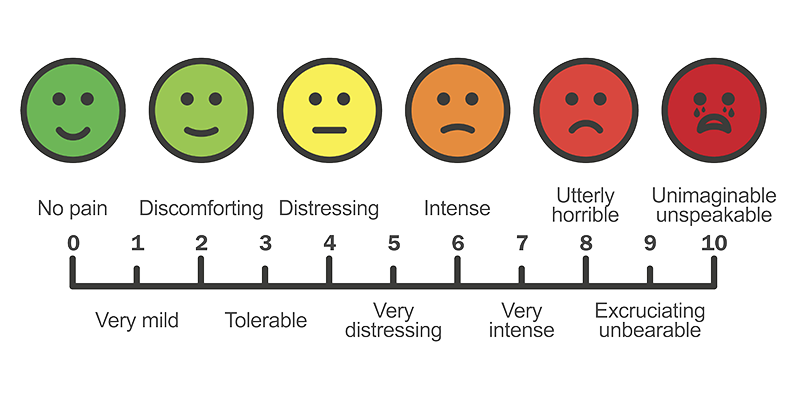 Recovery
Recovery
Yellowstone Surgery Center provides outpatient services where you are not ‘admitted’ and you typically go home the same day that you visited the surgery center.



Contact your physician’s office
This information is only if you had a foley catheter inserted
Contact your physician’s office
For more details on handwashing, visit www.cdc.gov/handwashing
Contact your physician’s office
Compression Stockings help improve your blood flow and can lessen pain and swelling in your legs. They can also lower your chances of getting deep vein thrombosis (DVT), a kind of blood clot, and other circulation problems.
Contact your physician’s office promptly
An unrecognized blood clot could break away from the vein and travel to the lungs.
You have the right to expect appropriate pain control. The GOAL for your pain management is to make your pain TOLERABLE, it is NOT to take away all of the pain.
If you need help with managing pain, talk to your nurse or doctor. Using a Pain Scale to describe your pain will help our staff determine the severity of your pain and help them make the best decisions to help manage it.
A person usually self-reports their pain using the provided scale with 0 representing “no pain” and 10 representing “unimaginable pain”. Doctors use the pain scale to better understand certain aspects of a person’s pain. Some of these aspects are pain duration, severity, and type.

Your physician may write a prescription for pain pills that will be used at home. The Yellowstone Surgery Center does not fill prescriptions; therefore, you will need to be prepared to purchase your pain medication at your pharmacy of choice.
There are other things you can do to help your pain, these include: